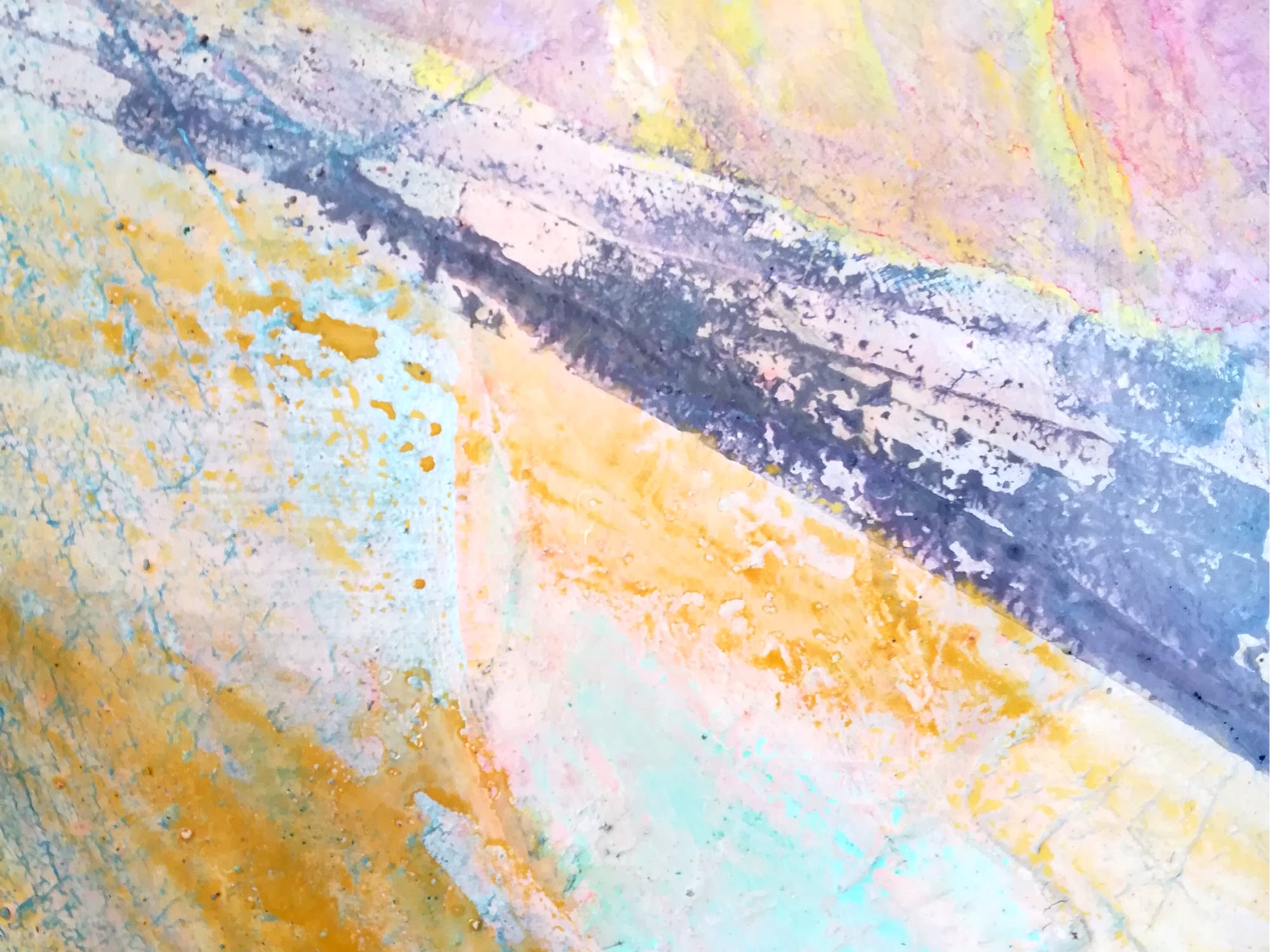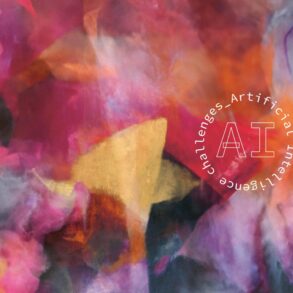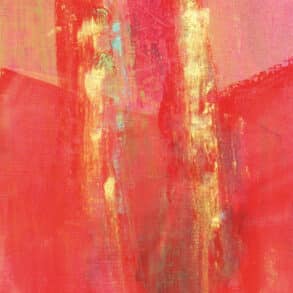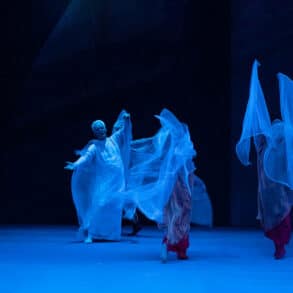The truth of the ‘I’ works in the true. The true becomes true in the ‘I’.
Would the presence of the true, and with it the truth, be possible if I were not present as an ‘I’ that encounters the true through my own perceiving consciousness? Is it at all possible to think the true if I—a wakeful consciousness that can make itself present, can know itself, in the encounter with the true—if I don’t think together with the true, inseparable from the true?
These questions are not aimed towards a sterile, more or less narcissistic subjectivism. They merely intend to invite us to take the true seriously, without bias, as a phenomenon: as a reality that manifests itself, that reveals itself, and would therefore be inconceivable without the encounter with a perceiving consciousness—this is the literal meaning of the Greek word phainómenon. The ancient Greeks sensed precisely this, as is shown in their word for truth, alétheia, which literally means “unconcealment,” and thus points to a revelation: an inner becomes an outer without restriction, if the inner is to remain unconcealed, unsheathed, and unveiled. However, would this externalization be so if it did not encounter a receiving consciousness, an awake ‘I’?
Without perceptual consciousness, even the difference between inner and outer would be entirely senseless! In other words: if there was only Being, without consciousness, then Being would simply be non-true, not in the sense of false but rather in the sense of an abyss-like, indeterminate, mute, lifeless emptiness that would ultimately coincide with a barren Non-Being. To put it provocatively: would Being be present at all if there were no wakeful consciousness working beyond Being that could encounter Being as truth?
Truth, in the deepest and most concise sense, can only be a phenomenon for a consciousness that encounters it, which, in turn, means that real truth can only be true and thus present and really real when proceeding from a wakeful, effective consciousness, not from abstract Being. This does not mean, however, that truth is some arbitrary construction of a consciousness, but rather, only that truth, in its deepest sense, wants to be understood as the giving gesture of a consciousness that wants to be unconcealed for another consciousness.
The True as Gift
The true is a gift for a wakeful, perceiving ‘I’ that can receive this gift. I consciously refer to a gift for, like every gift, the highest and deepest truth is the one towards which the receiving ‘I’ doesn’t remain barren and passive, but rather can become inexhaustibly and more or less autonomously and freely active. After all, a true gift is something that enables or promotes the active, autonomous unfolding of the being receiving the gift.
The giving gesture of the true is revealed in a simple way when we think of the relationship of our consciousness to elementary geometric concepts in an unbiased and dynamic enough way. The truth of the square, for example, is one with which I, myself, when I encounter it, can realize potentially infinite squares without ever exhausting this truth of the square or my ability to reveal squares. The true square, the square itself, can therefore be regarded as the dynamic center of an unrestricted, giving force from which every wakeful, receiving consciousness can create potentially infinite squares from out of itself. The giving gesture of this force is so unconditional and inexhaustible that, on the one hand, it makes the presence of the true square possible in every square (otherwise, no square would be a square) and, on the other hand, it infinitely surpasses every realized form of the square. Ever new squares can be revealed through potentially infinite centers of consciousness that experience the true square.
Truth, Freedom, Love
In the encounter of my consciousness with the true square, doesn’t something occur that reveals the gestures of love and freedom in an elementary form? For is true love not that in which my wakeful ‘I’ receives the unconcealedness of another being so unrestrictedly that it can reveal itself fruitfully and infinitely through my consciousness? And is true freedom not that through which my wakeful ‘I’ reveals its own individual activity so freely, in the encounter with another being, that it can resonate harmoniously with the individual activity of the other being, helping the truths of the other being to become unconcealed through its own freedom?
In this frame, it becomes understandable why true intelligence, true thinking, and true knowledge were, and are, often enough, connected with the concept of love. For I must really make the same unbiased and, at the same time, wakeful openness of love present towards other beings when I really want to think, understand, and know them! And would this be at all possible, if the other beings simply sucked me in during the encounter or took possession of me, robbing me of any autonomy and freedom? In other words, would an encounter with the true be possible without any even elementary and preconscious gestures that point to freedom and love? And would the true in the deepest and highest sense even be the true if it were not inseparably connected with a conscious gesture of free, loving giving, through which a being wakefully betakes themselves into unconcealment for other conscious beings?
Is the encounter with the true such an encounter at all when it does not occur as a conversation that is borne and nourished by freedom and love? After all, this resounds in every sensory perception, even the most elementary, which would not be human nor worthy of humanity if it did not leave us free, and if the perceiving ‘I’ were not already capable, in sensory perception itself, of an unrestricted, preconscious, loving openness of unconcealedness towards other beings. In this respect, the German verb wahrnehmen, “to perceive,” lit., “to take the true,” is profoundly, humanly true!1 And in the same respect, all rigid separations between knowledge of the true and action that reveals the good simply fall away. Here is the thinking that encounters the true in a wakeful and fruitful way, and here, at the same time, is the feeling of a beautiful, formative force that gives to the will the possibility to work as the presence of the good. Here, the truly knowing ‘I’ effects the beautiful and good occurrence of freedom and love. Good, beautiful, and true encounter each other here, in such a way that they can be perceived as a living unity: as the gesture of an unrestricted, unconditional, free giving (the good), which, through the appearance of its own inexhaustible fruitfulness (the beautiful), reveals a harmonious form of its own unconcealment (the true).
Translation Joshua Kelberman
Image Painting by Ulrich Schulz, “Geistseele” [Spirit-Soul] 2013. Lazure. Canvas, pigments, chalk.









